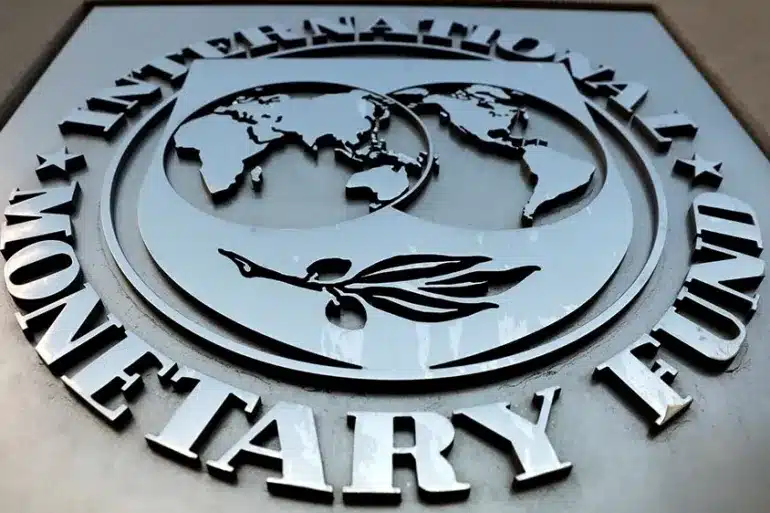Nigeria’s central bank has kept its benchmark interest rate unchanged at 27.5% for the second consecutive time this year following a unanimous vote by the Monetary Policy Committee (MPC), as it weighed slowing inflation against lingering economic pressures.
The decision, announced on Tuesday by governor of the Central Bank of Nigeria (CBN) Yemi Cardoso, reflects a cautious stance as policymakers continue their battle against inflation, which eased slightly to 23.7% in April from 24.2% the previous month.
“The Committee was unanimous in its decision to retain the MPR at 27.5%,” Cardoso said at a press briefing in Abuja.
He added that the MPC chose to retain all other key monetary parameters, including the asymmetric corridor around the MPR at +500/-100 basis points, the cash reserve ratio of 50% for commercial banks and 16% for merchant banks, and the liquidity ratio at 30%.
Positive macro trends support hold decision but pressures persist
While inflation remains high, the MPC noted some signs of improvement in macroeconomic conditions.
These included a narrowing gap between official and parallel exchange rates, a positive balance of payments position, and easing petrol prices.
Food inflation, in particular, showed signs of slowing, prompting praise for the federal government’s efforts to improve food supply and bolster security in farming areas.
Still, underlying pressures persist. The committee cited structural issues such as elevated electricity costs, currency demand pressures, and broader global uncertainties.
Oil price volatility, driven by increased non-OPEC supply and international trade tensions, was also flagged as a risk to Nigeria’s fiscal health.
CBN backs continued reforms
The CBN acknowledged recent government reforms aimed at boosting domestic production and easing foreign currency demand.
These measures, alongside relative stability in the foreign exchange market, have helped strengthen investor confidence.
The MPC urged the continuation of these reforms to further stabilise prices and improve forex earnings, particularly from gas, oil, and non-oil exports.
On the banking front, the MPC expressed confidence in the sector’s stability and commended progress in the ongoing recapitalisation efforts.
Members called for continued regulatory vigilance to ensure banks comply with prudential standards.
For now, the CBN has chosen to pause further tightening to better assess near-term developments, while reaffirming its commitment to curbing inflation and maintaining exchange rate stability.










